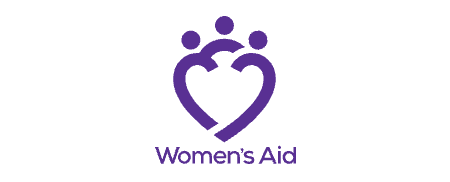One in five women in Ireland will experience violence and abuse at the hands of a husband, boyfriend or partner at some stage in her life. Under the Domestic Violence Act 1996, vulnerable women and their children were not adequately protected against the full range of physical, emotional and financial abuse. For many years, Women’s Aid advocated for reform of the domestic violence laws and in 2011, when the new Programme for Government included the review and consolidation of the Domestic Violence Act, it took the opportunity to consider the legislation afresh in light of its experience supporting women going to court.
Impact Project: Women's Aid Clinic

The issue
What PILA did
Women’s Aid came to PILA seeking comparative legal research across seven areas, including: the extension of protection and safety orders to unmarried non–cohabiting couples; the introduction of guidelines for the granting of protective orders; emergency orders; and stalking. PILA facilitated a working group of Lynne McDonagh BL, Aoife Mooney BL, Katie Dawson BL, Michael Kinsley BL and solicitor Elizabeth Mitrow, which produced a cross jurisdictional report and developed recommendations relevant to the Irish context.
The result
As a result of this legal work, Women’s Aid was able to develop a paper with twelve recommendations which has formed the basis of its lobbying on the reform of the Domestic Violence Act and other relevant legislation since late 2012 (e.g. Children and Family Relationship Act and stalking legislation). Many of these recommendations were realised in total or in part and have been included in the Domestic Violence Act 2018. It hopes to have other recommendations included in forthcoming legislation, notably in relation to stalking or harassment. As the Domestic Violence Bill 2017 was going through the legislative process, Women’s Aid needed further legal advice on the wording of the proposed offence of coercive control.
David Perry BL provided quick and efficient analysis, allowing Women’s Aid to campaign for improved wording in the final Act. In all, the pro bono legal assistance equipped Women’s Aid to influence one of the most significant family law statutes introduced in the past 20 years. The new legislative framework will provide greater safety for women and children and resulted in Ireland’s ratification of the Istanbul Convention.
